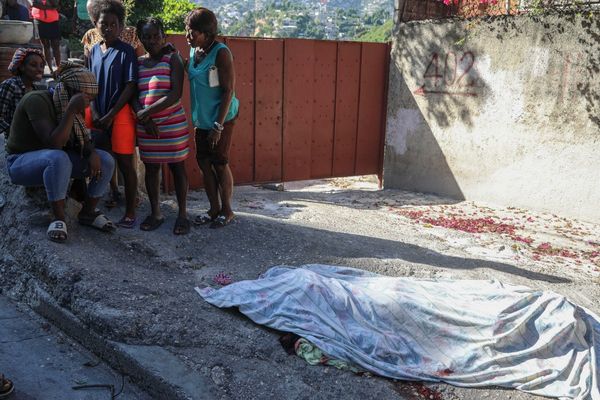After a break up in my early twenties, I downloaded a dating app. I wasn’t looking for anything serious but I thought I would test the waters and see who was out there. One morning, Ben popped up and I swiped right. Confetti burst onto my screen; he’d beaten me to it.
We were inseparable. I couldn’t believe how incredible this man was. I always felt like it was too good to be true. We spent four magical years together before everything changed.
One afternoon in July 2019, we received the news that the lump I had discovered between Ben’s shoulder blade and spine was stage three cancer. I
t felt like a meteor had crashed into our lives. We had so much to lose and so much to fight for. He had surgery to remove the tumor, followed by a six-week course of radiotherapy.
I never considered the possibility that it would come back. A life without him was unimaginable, I just didn’t allow my mind to go there. At the end of treatment, we flew from London to Australia and got engaged just before the stroke of midnight on New Year’s Eve, overlooking Sydney Harbour Bridge.
It was the highest of highs, ending the hardest year of our lives. With so much to look forward to, we entered 2020 thinking the worst was behind us and began wedding plans.
A few months later, a routine scan revealed the cancer had metastasised to both of his lungs. It was terminal. Overnight I was thrown into the role of caregiving. Ben underwent surgery and three rounds of chemo, but the disease was unstoppable.
By the end of that summer, there was nothing else doctors could do for him. We were told to get our affairs in order. In other words, sit back and wait for him to die. On November 14, 2020, after travelling abroad to explore alternative treatment in a last-ditch attempt to save his life, Ben passed away from complications from his cancer diagnosis and Covid.
Since losing Ben, I’ve learnt there’s a difference between pain and suffering. The pain of his death will always be there, but the suffering – the constant rumination, the “what ifs”, the wallowing in my pain, the leaning into the triggers by looking at his photos – I realised that was a choice.
Life felt so small and insufferable throughout the course of his diagnosis that I wanted to find the glimmers and reach for joy. I felt it was a disservice to Ben not to try to make the best of
my life in his absence, so I made a conscious effort every morning to reach for the things that felt good and positive. There’s so little to hold onto when you are wading through the aftermath of a loved one’s death, but you have to find little threads of joy.
Losing Ben was one thing, but dating again in the wake of his death has been one of the hardest challenges. I met this amazing man the summer after Ben died. I kept it under wraps because of the fear of judgement and assumptions that it was too soon, that I don’t love Ben as much as I say I do, or that I must be over my grief.
What I’ve learnt is that love is boundless and a new love doesn’t cancel out the other. The death of somebody doesn’t stop your love for them. It’s enduring. Grief lasts as long as love does, which will be for a lifetime. There is no right or wrong way to navigate dating again, and there’s certainly no timeline.
While Ben and I weren’t married, I still claimed the word “widow” because we will always be connected, irrespective of labels. Everything that I’m doing now is because of his life
and death and what we went through together. I can’t think of a better way to honour him than that.
Lotte Bowser’s memoir Bittersweet: A True Story of Love and Loss (published by Little A) is out now.

This article originally appeared on Marie Claire Australia and is republished here with permission.







